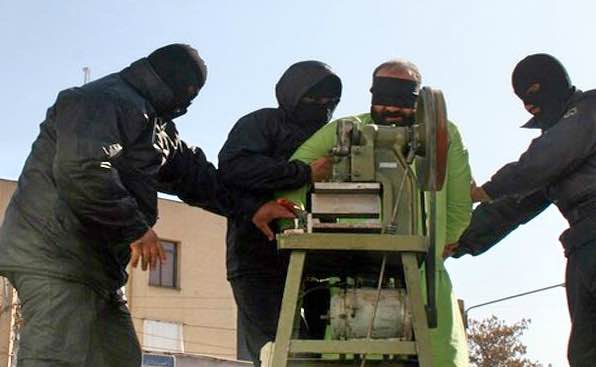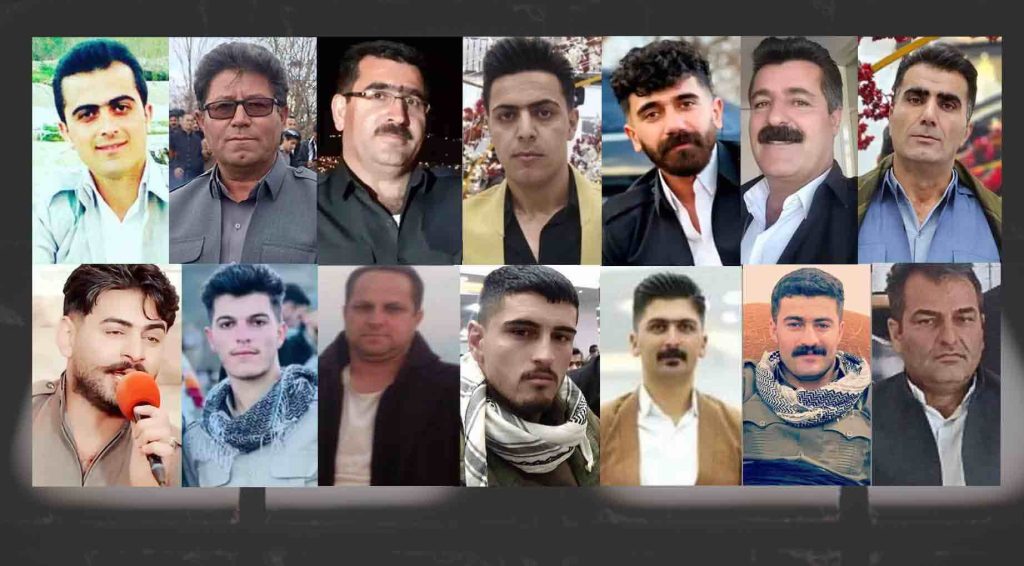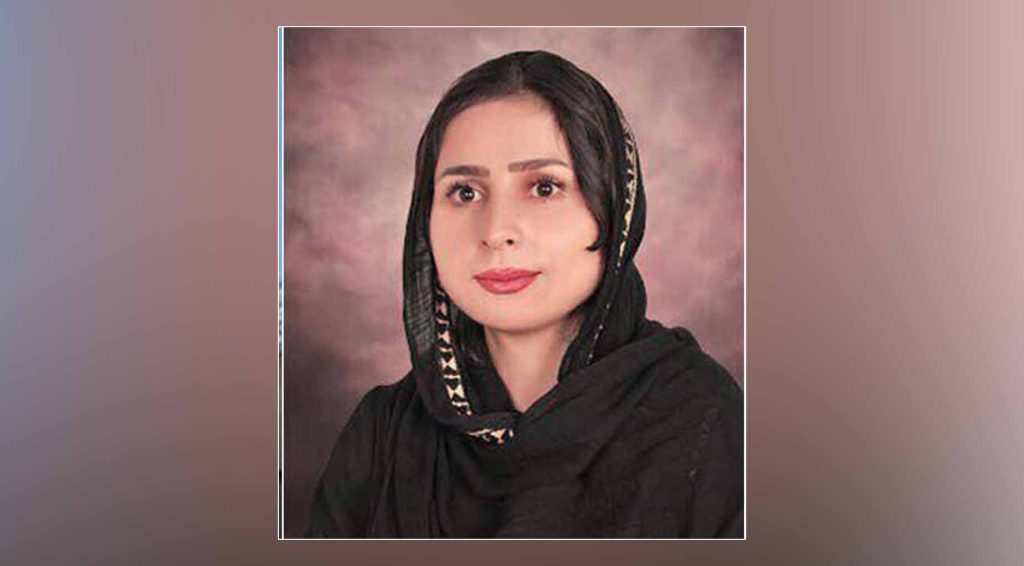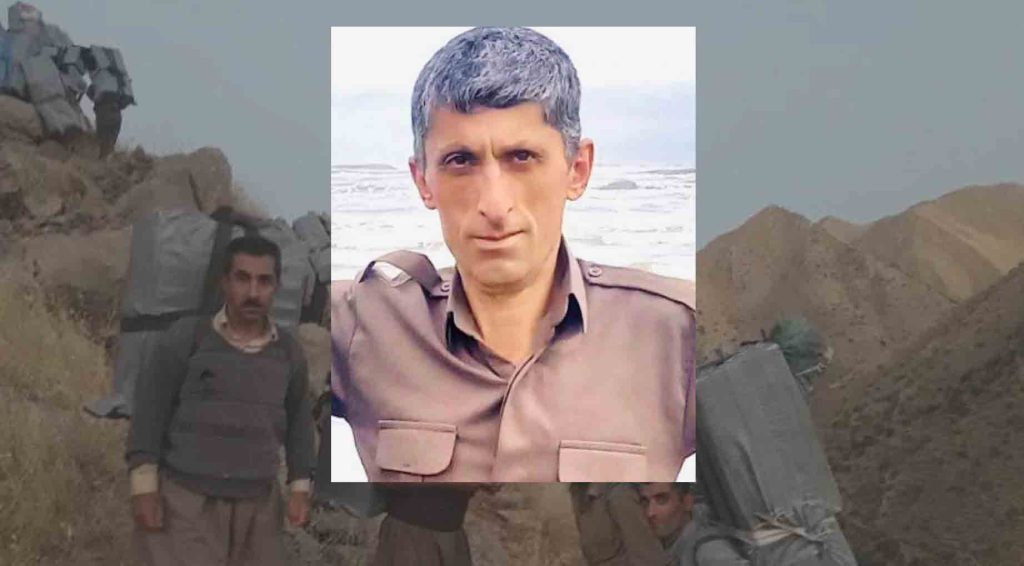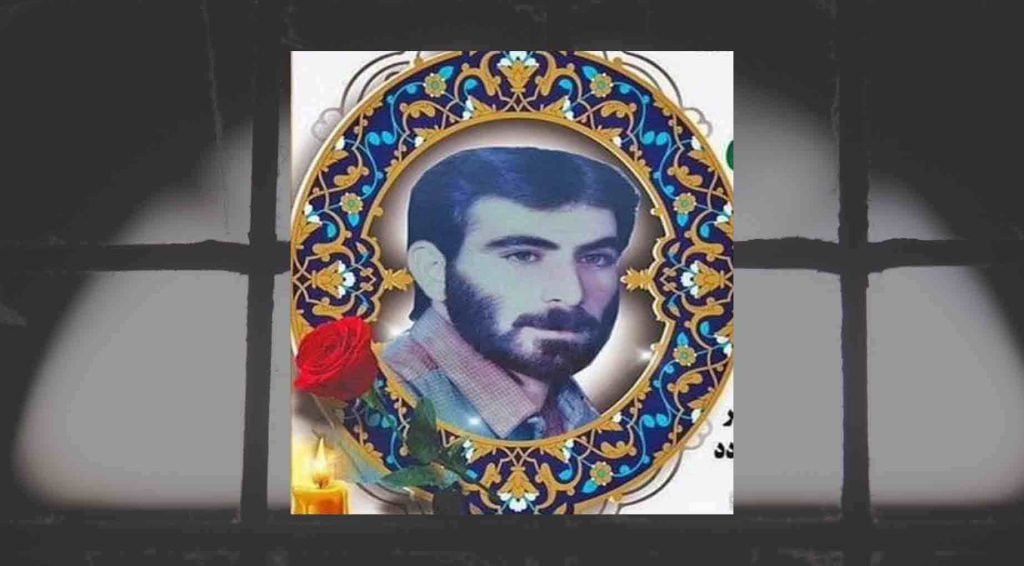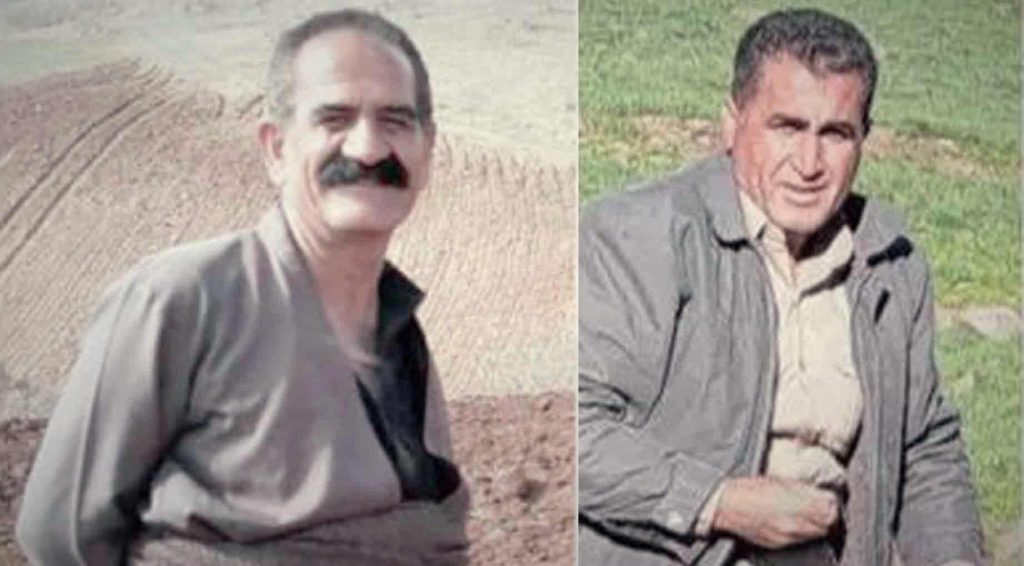The amputation sentence of a prisoner named Morteza Jalili who was accused of “robbery” has been carried out using a guillotine machine in the Evin Prison of Tehran.
The four fingers of the prisoner’s right hand have been amputated in the past few days.
Initially, Jalili and another prisoner sentenced to amputation, named Yaghoub Fazeli Koushki, were transferred from the Greater Tehran Central Penitentiary to Rajai Shahr prison in Karaj for the execution of their sentences, said a source in an interview with the Kurdistan Human Rights Network (KHRN).
But then, the source added, “On 5 September, Morteza Jalili was taken from Rajai Shahr prison of Karaj [in northern Iran] to Evin prison in Tehran and his sentence of amputation of four fingers of his right hand was carried out in the prison infirmary”.
Jalili, 28, come from Eslamshahr in Tehran province. He has been imprisoned in the Greater Tehran Central Penitentiary for about seven years.
There is no information about the condition of Yaghub Fazeli Koushki, the other prisoner who was also transferred to the Rajai Shahr prison in Karaj for the execution of his amputation sentence.
Reportedly, Koushki was transferred to a solitary cell in Evin prison on the order of the judicial authorities.
Last month, the KHRN also published a report on the execution of the amputation sentence of another prisoner named Behrouz Moradi, at Evin prison in Tehran.
Amnesty International also released a statement on 29 July that Evin prison officials cut off the four right fingers of two other prisoners, named Barat Hosseini and Pouya Torabi, using a guillotine machine in Tehran’s Evin prison.
On 10 June, the KHRN and the Abdorrahman Boroumand Centre for Human Rights in Iran (ABC) published a joint report, emphasising the imminent risk of finger amputation of at least eight prisoners in Tehran.
These two human rights organisations announced the identity of seven of these prisoners as Hadi Rostami, Mehdi Shahivand, Mehdi Sharafian, Amir Shir-Mard, Morteza Jalili, Yaghoub Fazeli Koushki, and Ebrahim Rafiei.

